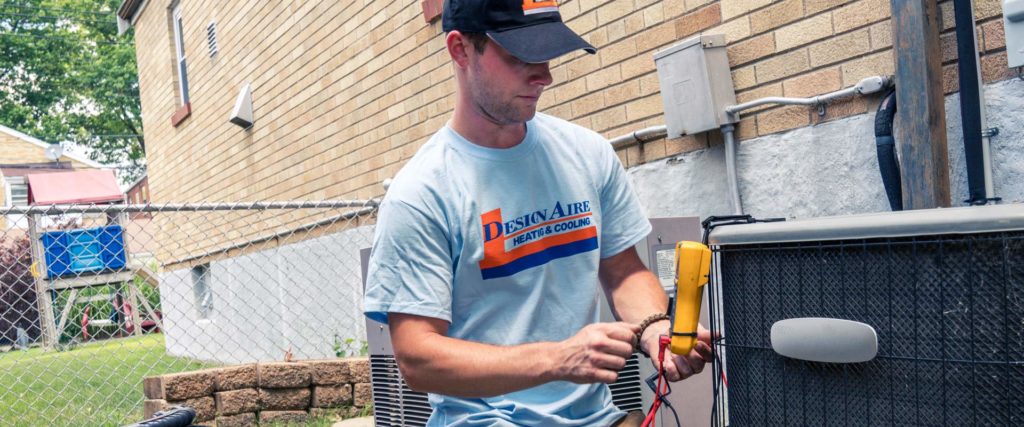Modern HVAC systems are a cornerstone of comfortable living and working environments, offering significant improvements over older models in terms of energy efficiency, air quality, and user control. Whether for residential or commercial applications, today’s HVAC technology provides numerous benefits that enhance comfort while reducing energy consumption.
Enhanced Energy Efficiency
Reducing Energy Usage with Advanced Technology: One of the most significant benefits of modern HVAC systems is their ability to use energy more efficiently. With features like variable air volume controls, smart thermostats, and energy-saving settings, these systems adjust cooling and heating output based on real-time needs. Technologies such as geothermal heat pumps and mini-split systems also contribute to lower energy bills by optimizing how energy is used to heat and cool spaces, directly impacting overall energy consumption in a positive way.
Improved Indoor Air Quality
Breathing Easier with Modern HVAC: Modern HVAC units are designed with a focus on maintaining and improving indoor air quality. Advanced filtration systems, such as those using high-efficiency air filters, effectively remove pollutants and allergens from indoor air. Additionally, features like controlled fresh air intake and humidity control work together to ensure that indoor environments are not just comfortable but also healthier, providing a continuous supply of conditioned fresh air.
Precise Temperature and Humidity Control
Customizable Comfort in Every Room: Today’s HVAC systems come equipped with sophisticated sensors and controls that allow for precise temperature management. Smart HVAC systems can be adjusted remotely via apps, and they learn your preferences over time to automatically adjust settings for optimal comfort. This precision extends to humidity control, crucial for preventing mold growth and ensuring that the air is neither too dry nor too moist.
Quiet Operation and Enhanced Durability
Silent and Built to Last: Unlike older models, which can be noisy and obtrusive, modern HVAC equipment operates at significantly lower noise levels. This makes them ideal for environments where noise is a concern, such as in residential areas or hospitals. Furthermore, with advancements in HVAC technology, these systems are more durable and require less frequent repairs, saving owners on maintenance costs over the system’s lifespan.
Versatility and Scalability
Adaptable Systems for Any Space: Modern HVAC systems come in various configurations, from central air conditioners to ductless mini-split systems, making them suitable for any space without the need for extensive ductwork. This versatility means that whether retrofitting an old building or installing a new system in a modern commercial facility, there is an HVAC solution that can meet the specific cooling and heating needs efficiently.
In conclusion, modern HVAC systems offer far-reaching benefits that go beyond mere temperature control and AC repair. They are pivotal in reducing energy usage, improving air quality, and providing customized comfort. Investing in a modern HVAC system means investing in the health, comfort, and well-being of occupants, while also considering long-term financial and environmental benefits without the need for constant furnace repair.
